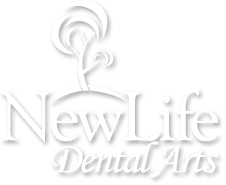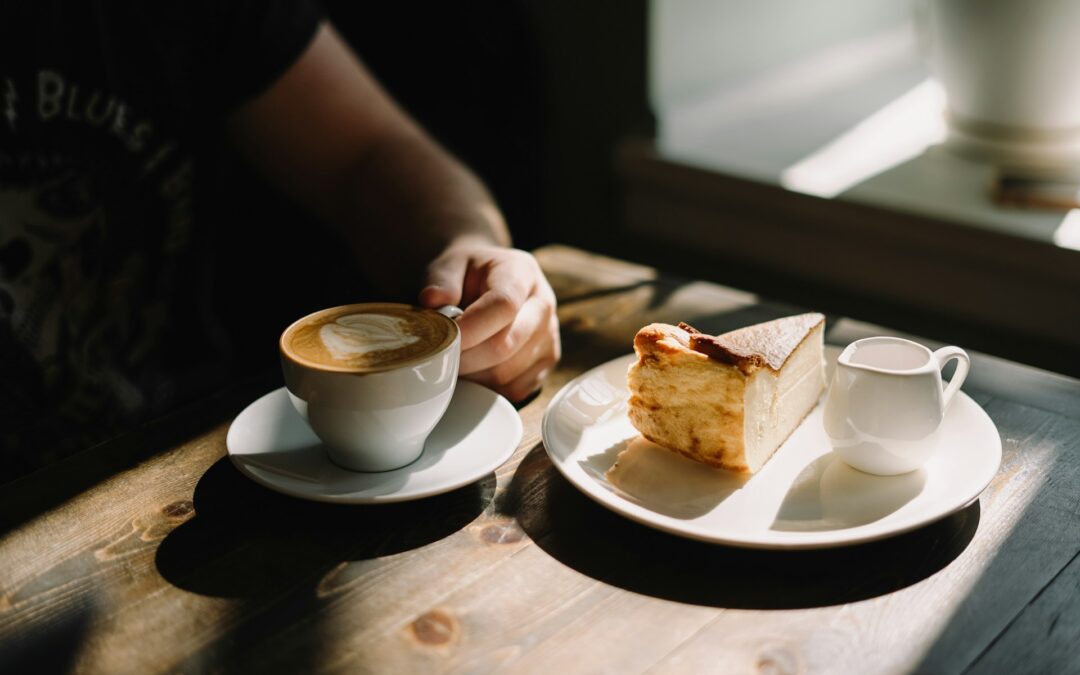Sleep apnea is a common condition that can disrupt your sleep and affect your overall health. It occurs when your breathing stops and starts repeatedly during sleep. This can lead to poor sleep quality, leaving you feeling tired and groggy during the day. One important aspect of managing sleep apnea is paying attention to your diet. Certain foods can worsen your symptoms, making it harder to get a good night’s sleep.
By knowing what foods to avoid, you can take steps to improve your sleep and reduce the severity of your sleep apnea. For example, sugary foods can lead to inflammation and weight gain, both of which can exacerbate sleep apnea. Similarly, dairy products can cause mucus buildup, which might block your airways and make it difficult to breathe while sleeping.
High-fat and fried foods can contribute to weight gain and poor digestion, further aggravating sleep apnea symptoms. Alcohol and caffeine can also interfere with your sleep patterns. Alcohol relaxes the muscles in your throat, increasing the risk of airway blockages, while caffeine can keep you awake and disrupt your sleep cycle.
Being mindful of your diet and avoiding certain foods can make a big difference in managing sleep apnea. Let’s explore these food categories in detail, helping you make informed dietary choices for better sleep and overall health.
Avoid These Foods for Better Sleep with Sleep Apnea
1. Sugary Foods and Drinks
The impact of sugar on sleep apnea is significant. Consuming too much sugar can lead to weight gain, which is a major risk factor for sleep apnea. Excess weight can cause fat deposits around the upper airway, making it more likely to collapse during sleep and block normal breathing. Sugar can also cause inflammation in the body, which can worsen sleep apnea symptoms and disturb your sleep cycle.
To manage sleep apnea effectively, it’s important to avoid foods and drinks high in sugar. Here are some common items to steer clear of:
- Soda: Regular sodas are loaded with sugar, which can spike insulin levels and contribute to weight gain.
- Candy and Sweets: From chocolates to gummy bears, these treats can be very high in sugar.
- Pastries and Cakes: These baked goods often contain high amounts of sugar and refined carbohydrates.
- Sugary Cereals: Many breakfast cereals have added sugars that can impact your health negatively.
- Fruit Juices: Even though they might seem healthy, fruit juices often contain added sugars that can add up quickly.
By cutting down on these sugary foods and drinks, you can help control your weight and reduce the severity of your sleep apnea.
2. Dairy Products
Dairy products can also affect sleep apnea by causing mucus buildup, which can block the airways and make it harder to breathe during the night. When you consume dairy, your body may produce more mucus in the throat and nasal passages, increasing the likelihood of sleep interruptions.
If dairy seems to be affecting your sleep apnea, consider switching to dairy alternatives. Here are some recommendations:
- Almond Milk: This plant-based milk is low in fat and doesn’t cause mucus buildup.
- Soy Milk: A good source of protein without the potential mucus-forming properties of cow’s milk.
- Coconut Milk: This can be a tasty alternative for cooking and drinking but choose versions without added sugars.
- Oat Milk: Rich and creamy, but make sure it doesn’t contain added sugars.
By opting for these alternatives, you can enjoy milk’s benefits without the risk of worsening your sleep apnea. Additionally, yogurt and cheese alternatives made from these plant-based milk options can be great choices to integrate into your diet.
3. High-Fat and Fried Foods
Eating high-fat and fried foods can also worsen sleep apnea symptoms. These foods can lead to weight gain, which puts extra pressure on your airways while you sleep. Additionally, fatty foods can cause poor digestion, making it uncomfortable to sleep and contributing to interrupted breathing.
To improve your sleep apnea symptoms, consider switching to healthier food choices. Here are some options:
- Lean Proteins: Choose chicken, turkey, or fish instead of fatty cuts of beef or pork.
- Whole Grains: Replace refined grains with whole grains like brown rice, quinoa, and whole wheat bread.
- Fruits and vegetables: These are low in fat and high in fiber, which can help you maintain a healthy weight.
- Healthy Fats: Opt for sources of healthy fats like avocados, nuts, and olive oil instead of butter or fried snacks.
- Baked or grilled foods: Choose cooking methods that don’t involve frying to reduce fat intake.
Making these changes can help you manage your weight and reduce the severity of your sleep apnea, allowing you to sleep more soundly.
4. Alcohol and Caffeine
Alcohol and caffeine can both disturb your sleep quality, especially if you have sleep apnea. Alcohol can relax the muscles in your throat, increasing the risk of airway blockages and making it harder to breathe while you sleep. Caffeine, on the other hand, can keep you awake and disrupt your natural sleep cycle.
To manage your sleep apnea effectively, it’s important to be mindful of when and how much of these substances you consume. Here are some tips:
- Limit Alcohol: Try to avoid alcoholic drinks in the evening or close to bedtime. If you do drink, keep it moderate and not too late.
- Watch Caffeine Intake: Limit caffeine consumption to the morning or early afternoon. Avoid caffeinated beverages like coffee, tea, and soda in the evening.
- Monitor Effects: Pay attention to how these substances affect your sleep and adjust accordingly.
By managing your intake of alcohol and caffeine, you can improve your sleep quality and reduce the symptoms of sleep apnea.
Say No to These Foods If You Struggle with Sleep Apnea
Managing sleep apnea involves more than just medical treatment—it requires lifestyle and dietary changes too. By knowing which foods to avoid, you can make informed choices that help reduce your symptoms and improve your sleep.
Sugary foods, dairy products, high-fat and fried foods, as well as alcohol and caffeine, all have the potential to worsen sleep apnea. Making healthier food choices and being mindful of your diet can make a big difference in how well you sleep.
This article provides a detailed look at which foods to avoid if you have sleep apnea and offers practical suggestions for better dietary alternatives. For more guidance on managing sleep apnea, schedule an appointment with NewLife Dental Arts.
We specialize in both dental care and sleep disorders, including sleep apnea. Let our sleep apnea dentist help you find the right solutions to improve your sleep and health!

